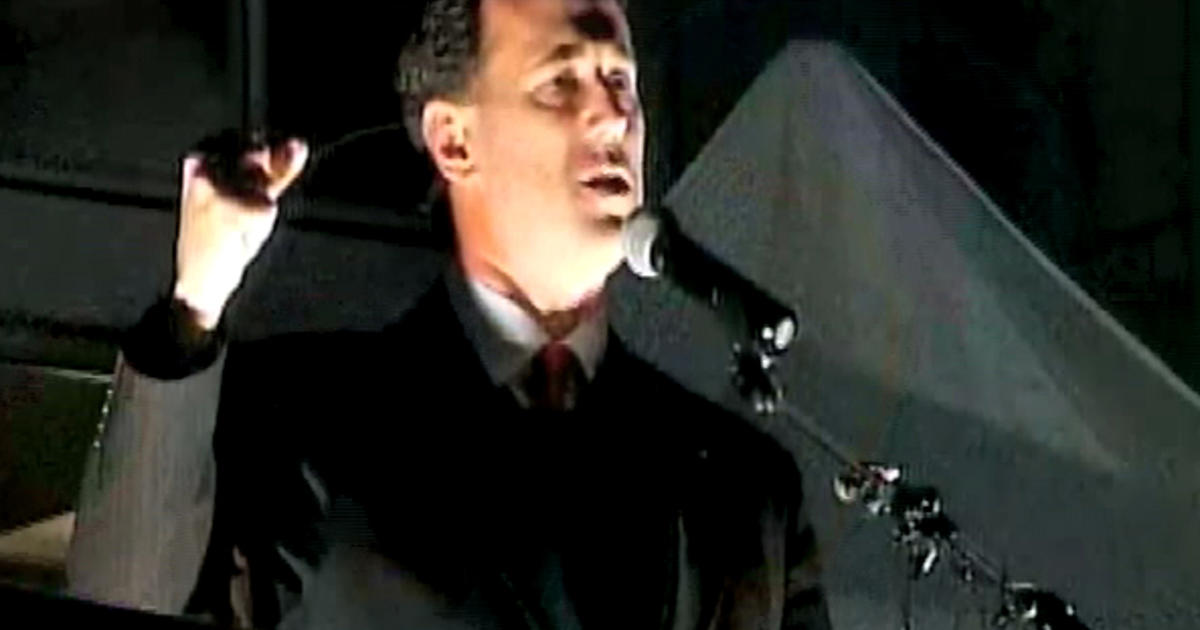I think you all misunderstood my analogy. The box is your body, the palace is heaven, and the man is god. When your body fails you god has offered you a place in heaven, so why do everything to keep your body alive? That was the crux of the analogy.
In my experience, when we're young, we . . . particularly those of us who believe in God as mere youths . . . are much more willing to let the cardboard box get destroyed without fear. We are (in our early time in this veil of tears) not completely brainwashed by the nature of our time in this world.
My brother and I took life and death risks with a grain of salt up until our mid-twenties when the Sea of Lethe, and the voluptuous shape of post-adolescent women, started to make this transitional phase seem like it might not be so bad for a shortish stint. As time, years, decades, pass, we become so comfortable in this world, and so drunk drinking from the Sea of Lethe, that even those who once believed so strongly in heaven that it seemed perfectly sensible to be cruising around on the freeways doing 140 mph on a crotch-rocket (knowing the dangers), begin to slow down, and think of safety and protection for the cardboard box; they start to live their lives with more regard for the cardboard box, begin to become accustom to, sold into, the cheap pleasures, sex, family, entertainment, etc., that the flesh doth surely hold.
Those of us who retain strong faith in heaven, though we long for it daily, were told by the ruler of heaven that the time he gives us in this transitional phase should be used to prepare for our heavenly home; that when we leave the flesh, our eternal achievements will be set (that they're all established by how we think and live in the flesh), such that as St. Paul stated it, living is for Christ, dying is a great gain.
One doesn’t follow God in hope of happiness but because one senses—miserable flimsy little word for that beak in your bowels—a truth that renders ordinary contentment irrelevant.
Christian Wiman, Zero at the Bone, p. 7.
Instead of contrasting the present as you see it with the future, should you not rather understand your present itself in light of this future, as a bridge within yourself of chastisement, of trial, of training, and, having thus grasped its significance, endure to the end this transitional stage while holding fast to God’s truth.
Rabbi Hirsch, Horeb, Section 1, p. 32.
Very quickly will there be an end of thee here; take heed therefore how it will be with thee in another world. To-day man is, and to-morrow he will be seen no more. And being removed out of sight, quickly also he is out of mind. O the dullness and hardness of man’s heart, which thinketh only of the present, and looketh not forward to the future. Thou oughtest in every deed and thought so to order thyself, as if thou wert to die this day.
Thomas A Kempis, The Imitation of Christ, p. 21.
John

